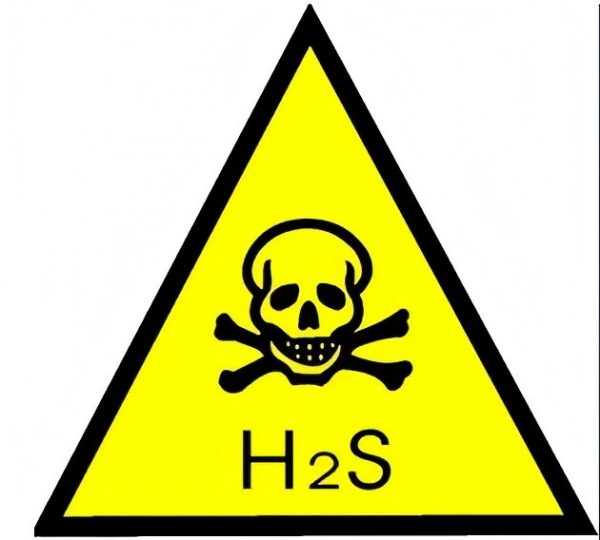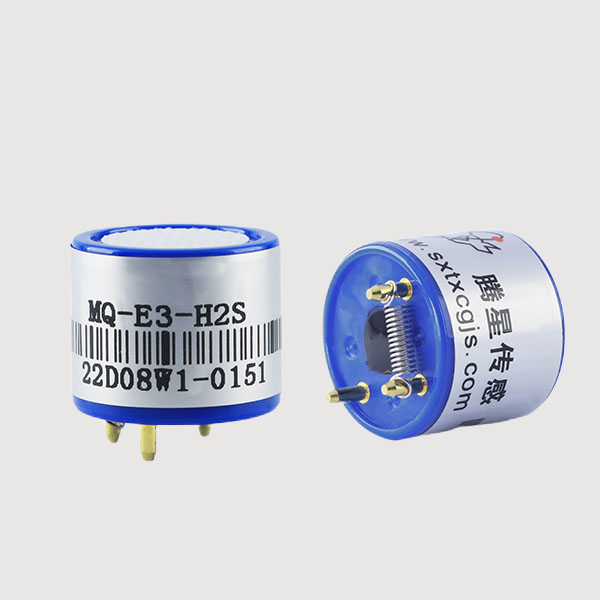

 News
News Industry News
Industry NewsHydrogen sulfide production site and online monitoring
Hydrogen sulfide is a colorless gas that is highly irritating to the eyes, respiratory tract, and mucous membranes, and is a strong neurotoxin. When the concentration of hydrogen sulfide in the air exceeds 30 ppm, it can cause poisoning. At low concentrations, it has the smell of rotten eggs, and at high concentrations, it can cause a dull sense of smell and make people unable to smell.

Hydrogen Sulfide Generating Sites
1. Chemical industry. The production of sulfur-containing compounds such as parathion, ethion, dimethoate, and sulfonamides; petrochemicals, coal chemical industry, natural gas chemical industry, and rubber vulcanization processes can all generate hydrogen sulfide.
2. Oil extraction. During oil drilling and extraction, large amounts of hydrogen sulfide can often be emitted due to the sulfur impurity in the oil.
3. Leather and MSG production. Sodium sulfide is used for hair removal during leather tanning and for iron removal in MSG production, which can generate hydrogen sulfide.
4. Papermaking, sugar refining, and food processing. In some production processes using animal and plant materials, the fermentation and decay of organic matter can generate hydrogen sulfide.
5. Mining and smelting. Various ores contain sulfur impurities, and large amounts of hydrogen sulfide can be generated during mining and smelting. The purification of certain metals using hydrogen sulfide to produce insoluble sulfides can also generate hydrogen sulfide.
6. Fishing. The decay of fish in fish tanks can generate hydrogen sulfide, which can easily lead to poisoning if ventilation is poor.
7. Sewage pipes and underground operations. Cleaning pickling pools, sewers, sewage ditches, septic tanks, and garbage dumps often exposes people to high concentrations of hydrogen sulfide.
8. Chemical cleaning operations. Cleaning operations using sulfur-containing cleaning agents, equipment, containers, pipes, heat exchangers, and other equipment, where materials and scale contain sulfur and sulfur compounds, can generate hydrogen sulfide gas under certain conditions.
Product Recommendation
Hydrogen sulfide is highly flammable and can form explosive mixtures with air. Exposure to open flames or high temperatures can cause combustion and explosion. Therefore, in workplaces with hydrogen sulfide leaks, it's important to install fixed hydrogen sulfide detectors and alarms for real-time monitoring of hydrogen sulfide gas.
Hydrogen sulfide is denser than air and tends to accumulate in low-lying areas and spread over considerable distances. It can ignite and flash back when it encounters a fire source. Therefore, when building an online hydrogen sulfide monitoring system, the hydrogen sulfide detector should be installed 30-60 cm above the ground, the monitoring host should be located in the duty control room, and the number of hydrogen sulfide detectors should be adjusted based on site conditions. Tensensor recommends the following H2S sensors for hydrogen sulfide detectors:

MQ-E3-H2S Electrochemical H2S Sensor
| Model | MQ-E3-H2S |
| Detected gas | hydrothion (H2S) |
| range | 0- 100ppm |
| Maximum measurement range | 500ppm |
| sensitivity | (0.8±0.15)uA/ppm |
| resolution ratio | 0.1ppm |
| Response time (T90) | <30s |
| Load Resistanc | 10Ω |
| Stability (/ month) | <2﹪ |
| Output linearity | linear |
| zero drift (-20℃~40℃) | ≤0.2ppm |
| temperature range | -20℃~50℃ |
| Humidity range | 15﹪~90﹪RH |
| pressure range | Standard atmospheric pressure is±10 |
| life span | 2 years |
For more inforamtion of H2S sensors, pls feel free to contact us:
Email: [email protected]
Tel/WhatsApp: 86 18335818384